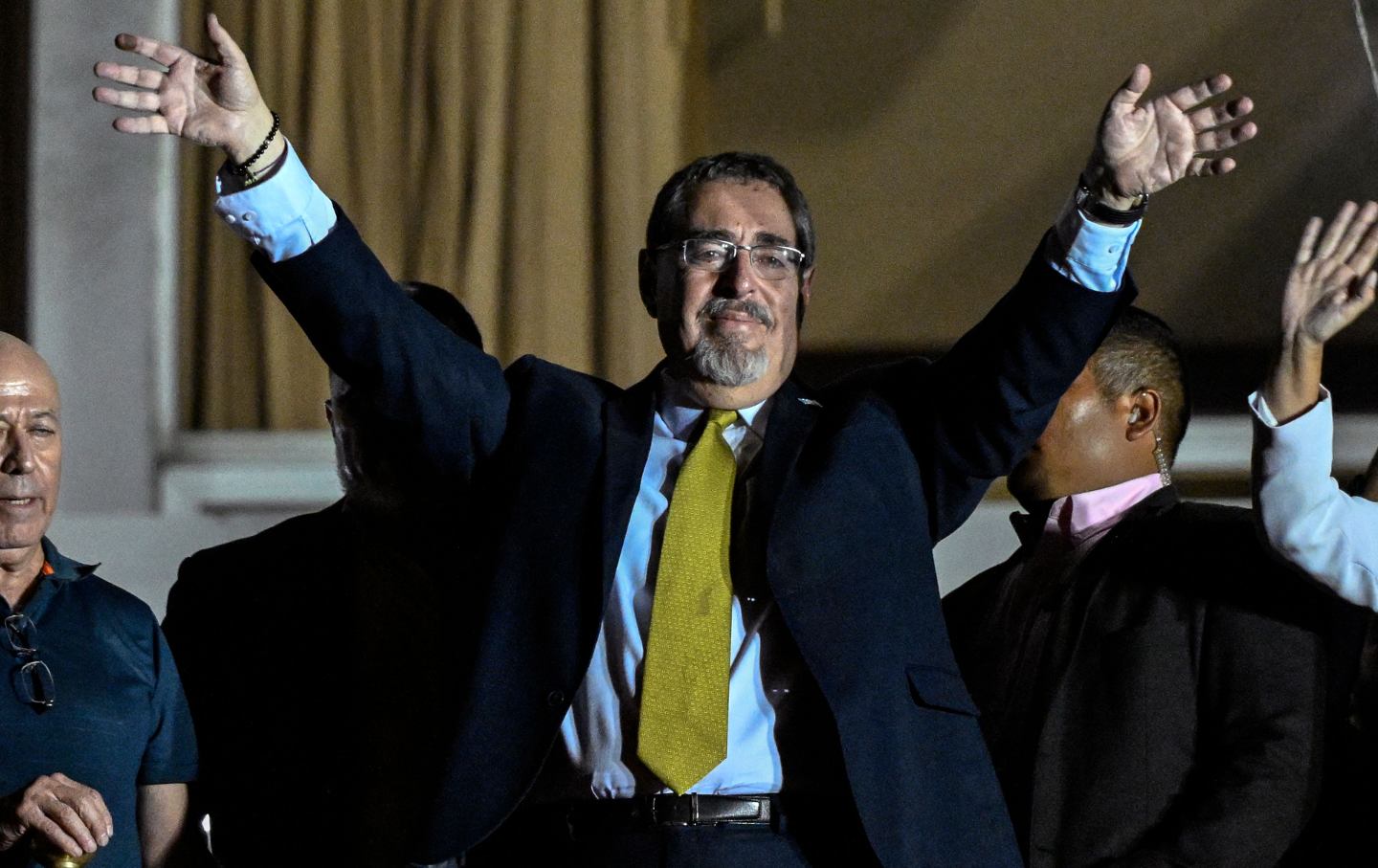
Quetzaltenango, Guatemala—On Sunday night, in the central plaza of Xela, the second largest city in Guatemala, a crowd of several hundred gathers to watch the results of the country’s presidential election. When the press calls the vote for Bernardo Arévalo, a university professor turned anti-corruption politician, the crowd erupts. Viva Arévalo! Viva Guatemala! Fireworks go off. A young campaign volunteer runs up to the podium, takes the microphone, and cries, “Today is the beginning of Guatemala’s next Democratic Spring!”1 It is a reference to Arévalo’s party, Movimiento Semilla, whose language...











